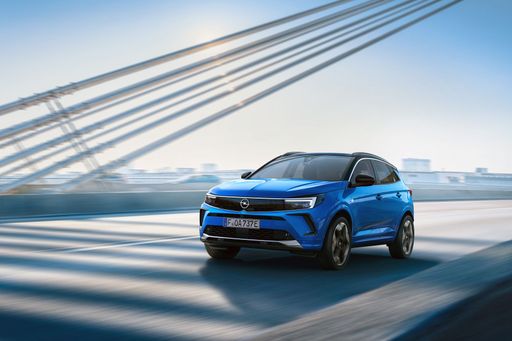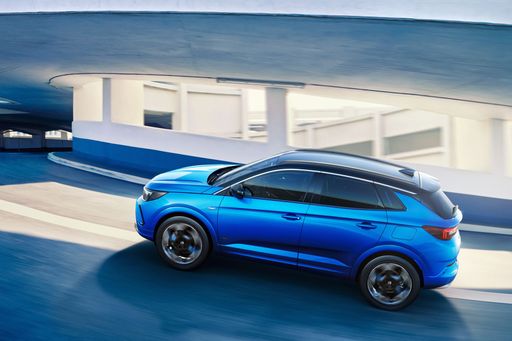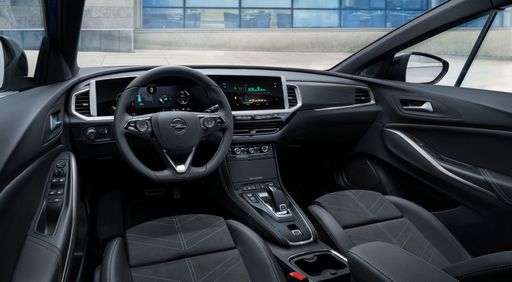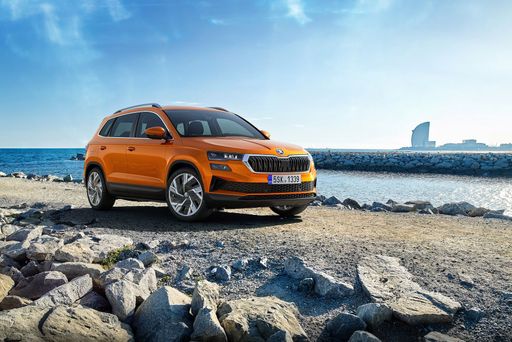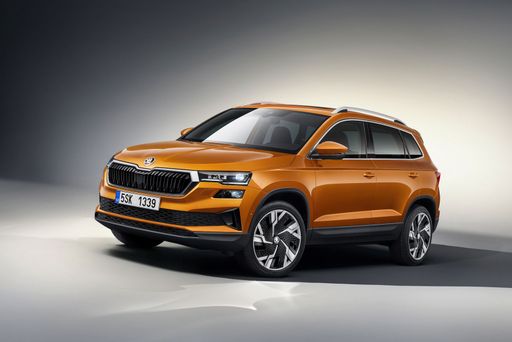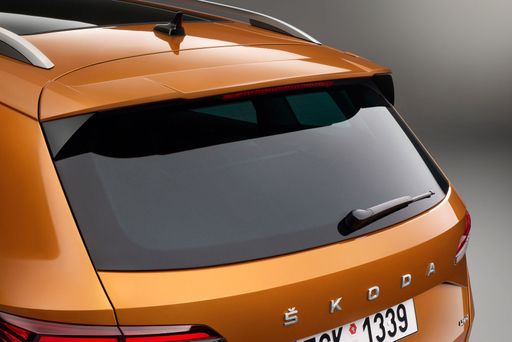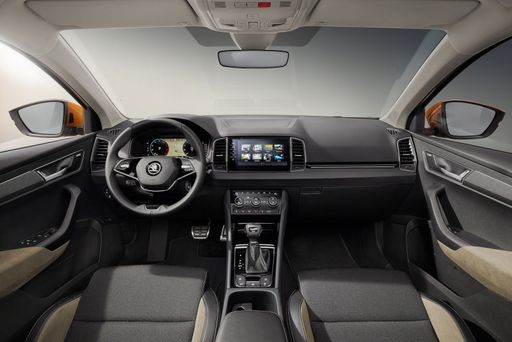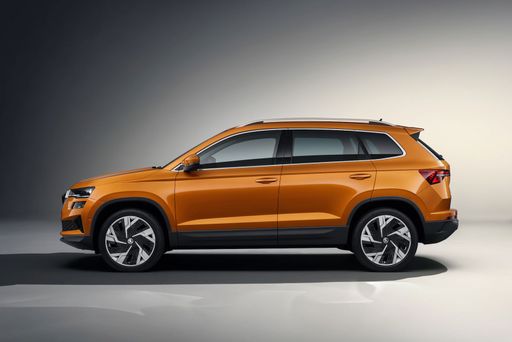Opel vs Skoda: A Comprehensive SUV Comparison
The automotive landscape is filled with innovative models, but few can rival the competitive edge of the Opel and Skoda SUVs. This article delves into the technical aspects and innovations of these two brands, comparing their offerings in the SUV segment, including performance, efficiency, and comfort.

